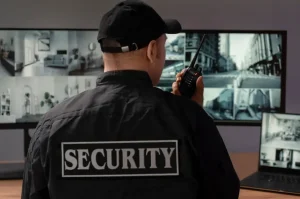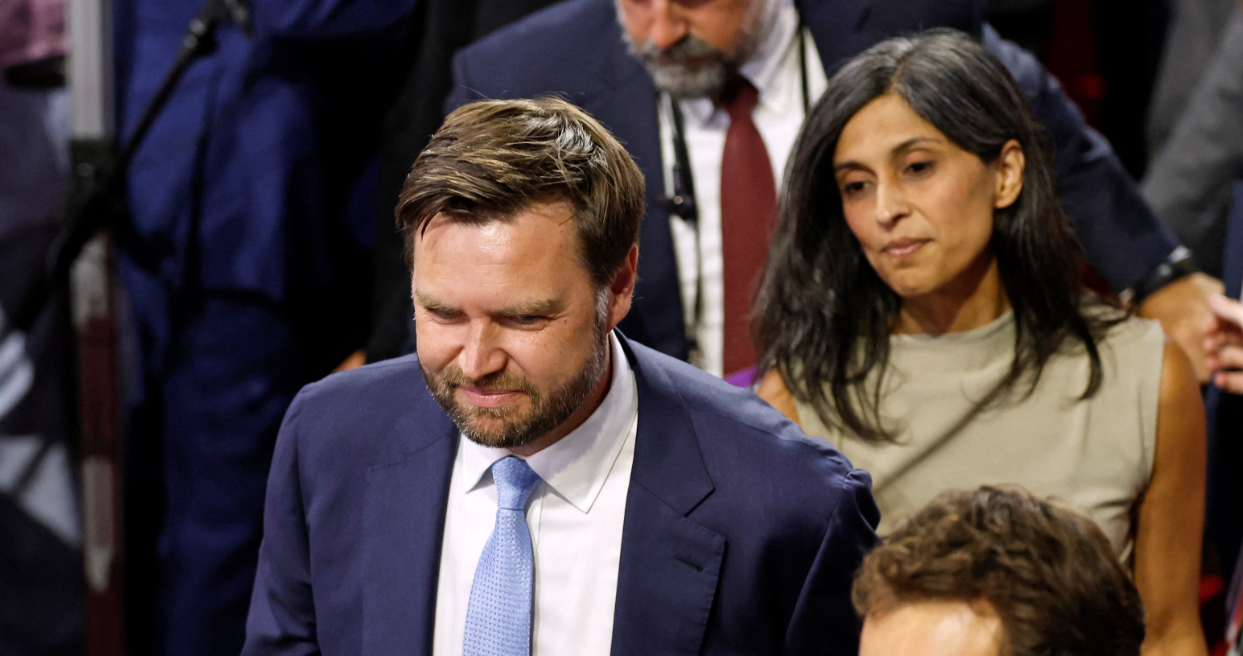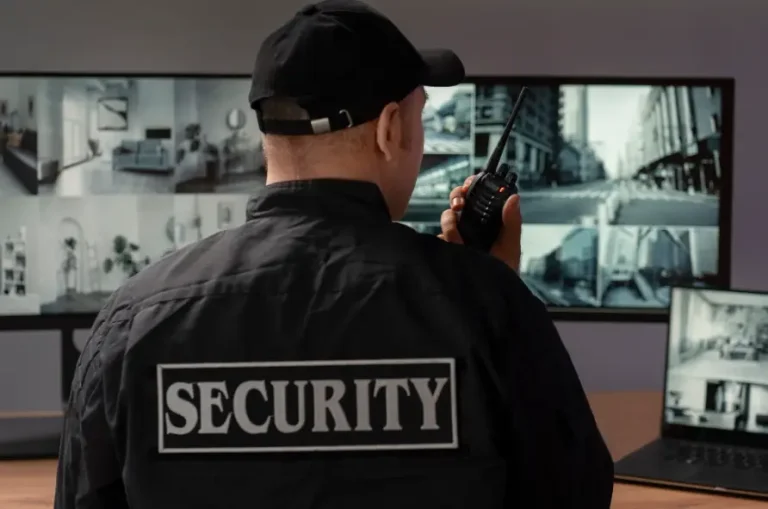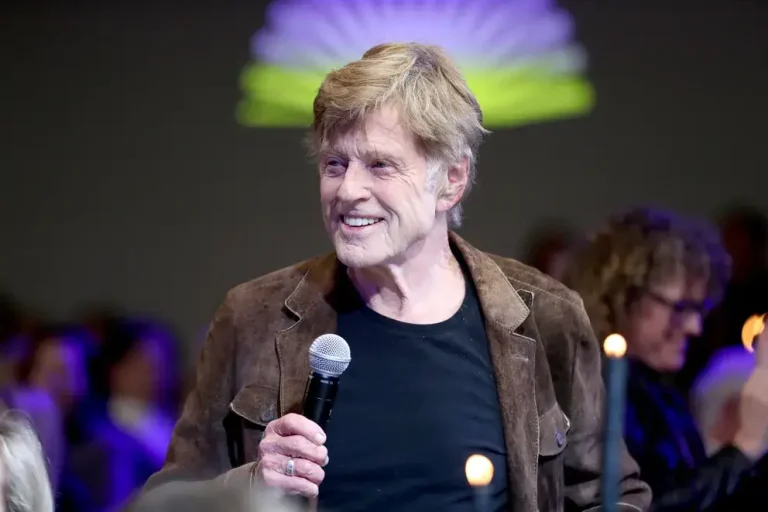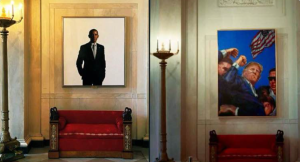NOTE:VIDEO AT THE END OF ARTICLE
Vice President JD Vance Describes Unsettling Interaction with a Multibillion-Dollar Tech CEO
Examining the Intersection of Technological Innovation, Workforce Disruption, and American Trade Policy
Vice President JD Vance recently recounted the details of an unusual conversation he experienced with a multibillion-dollar technology chief executive officer. In a speech delivered at the American Dynamism Summit, Vance detailed a discussion that took place during a 2017 dinner event he hosted alongside his wife, Usha Vance, with a group of Silicon Valley business leaders. This account not only sheds light on the deep concerns regarding the future of work in an era marked by rapid technological innovation and artificial intelligence (AI) but also serves as a platform for the vice president’s robust support of President Trump’s trade policies, which he argues are essential for safeguarding American manufacturing and ensuring long-term economic stability.
In what may seem like an improbable collision of ideologies, Vance described how, over dinner, topics ranging from the societal impact of AI to the implications of a globalized economy were discussed. During that evening, a prominent technology CEO—whose identity Vance did not disclose—expressed his lack of concern regarding the automation of jobs. According to Vance’s account, the CEO declared that the rise of “digital fully immersive gaming” would, in his view, provide individuals with a new sense of purpose that would counterbalance the potential displacement of traditional job roles. Reflecting on the conversation, Vance recalled that his wife, Usha, sent him a discreet yet frank text message under the table that read, “We have to get the hell out of here, these people are f-ing crazy.” This candid moment, shared with the audience of the American Dynamism Summit, has served as a significant point of discussion regarding the broader issues of globalization, innovation, and the future of American labor.
I. The Context: Dinner with Silicon Valley’s Elite
A. A Convergence of Worldviews at a 2017 Dinner Event
In 2017, Vice President JD Vance and Usha Vance hosted a dinner attended by a distinguished group of business leaders from Silicon Valley. At a time when technological disruptions were beginning to reshape the contours of industry, this gathering offered an intimate forum for discussing the future of work and society. The conversation took an unexpected turn when one of the executives, described as the CEO of a multibillion-dollar company, downplayed the potential for job losses due to automation.
This sentiment, which might appear controversial today, was delivered with a sense of misplaced optimism about technological advancements. The CEO assured his audience that the proliferation of digital and immersive gaming technology would not only replace traditional work but would also furnish individuals with new opportunities for fulfillment. In hindsight, such a perspective has come to be viewed with skepticism by many who are concerned about the tangible disruptions caused by digital technologies.
B. A Moment of Revelation
Vance’s recounting of that evening is punctuated by a moment that epitomizes the disconnect many feel exists between Silicon Valley’s optimistic projections and the more grounded, often wary, perspectives of those directly affected by these changes. As the conversation unfolded, Usha Vance discreetly texted her husband under the table, conveying a sentiment of urgency and disbelief. The text message—remarkably candid in its language—was a brief but telling indicator of the deep misgivings held by some regarding the future trajectory of our economy and labor market.
This moment was not merely a humorous aside; it served to underscore the growing concern about the societal and economic implications of relying too heavily on digital innovation to solve complex challenges. With automation threatening to upend traditional employment, many observers worry that technology may be outpacing our ability to adapt in a way that preserves the human element in labor.
-
Embracing Innovation Without Leaving Workers Behind
-
The Role of Artificial Intelligence in Modernizing the Economy

